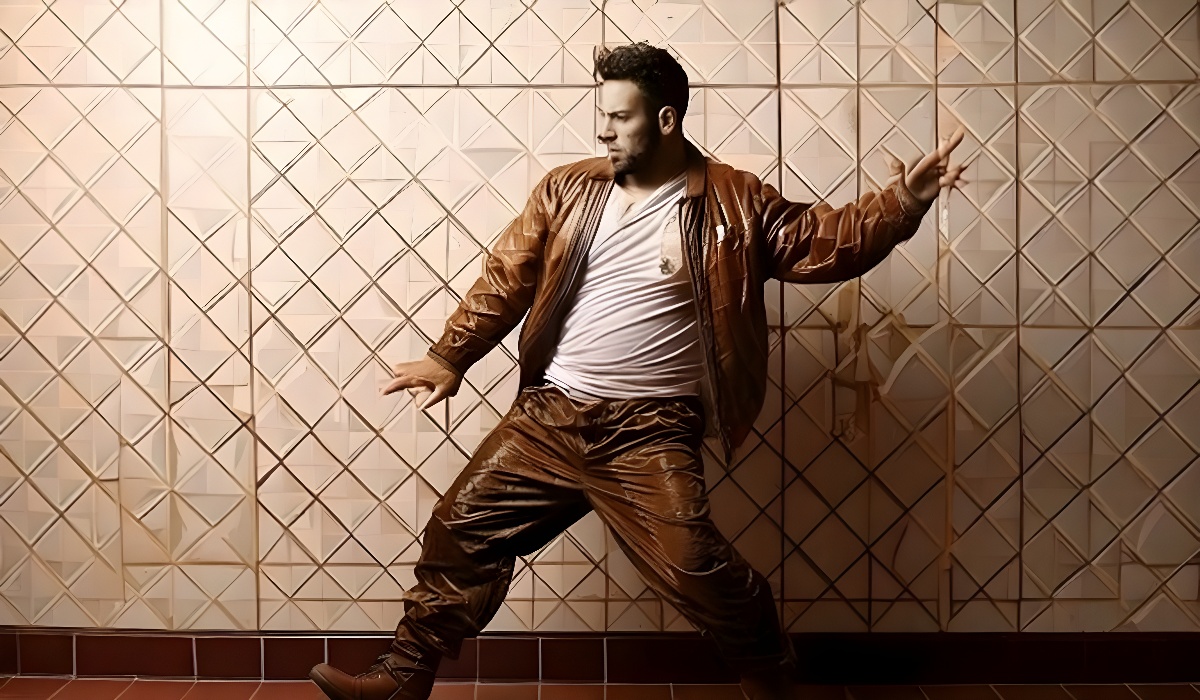Male Menopause Is Real: Why So Many Men Are Unaware of Andropause
- TDS News
- Trending News
- March 3, 2025

Menopause is often recognized as a significant life transition for women, but few realize that men go through a similar hormonal shift—known as andropause. Unlike menopause, which involves a rapid decline in estrogen, andropause is marked by a slow, steady drop in testosterone that affects every man eventually. The real issue? Most men have no idea it’s happening. Many chalk up the symptoms to aging, while others struggle with fatigue, mood swings, weight gain, or a diminishing sex drive without ever considering that hormones could be to blame.
A conversation today made it glaringly obvious how little awareness there is. A colleague had never even heard of andropause. Later, speaking with our favourite intellect, Lisa L.—always a source of sharp insight—reinforced the point: how many men are quietly dealing with this, unaware that something deeper is at work? This isn’t just aging. It’s a biological shift with real consequences for mental health, energy, and overall quality of life.
Lisa, in her usual thoughtful way, asked the obvious question: “How do men not know this is happening to them?” It’s like dancing on one tile—stuck in the same spot, moving but never really getting anywhere. That’s what navigating andropause feels like when you don’t know what’s happening. You’re adjusting, adapting, but without the bigger picture, it’s just a frustrating shuffle in place.

The symptoms aren’t universal. Some men breeze through midlife without much trouble, while others find themselves battling depression, irritability, brain fog, or even a crisis of confidence. Some notice their muscle tone slipping, their weight creeping up, or their motivation dwindling. And yet, because male hormonal changes are rarely discussed, most men simply endure it without ever looking for answers.
Why the silence? Is it social conditioning that tells men to push through discomfort? A fear of appearing vulnerable? Or just a fundamental lack of awareness? Whatever the reason, the result is the same—men going through a profound biological change without the knowledge or support they need.
The upside? Andropause isn’t a mystery. There are ways to manage it: lifestyle adjustments, regular exercise, improved sleep, stress reduction, and, in some cases, medical intervention. The first step is recognizing that this is real, that every man experiences it differently, and that there are ways to feel better.
So, if you’ve been feeling drained, unfocused, or not quite yourself, take this as a sign to dig deeper. Your well-being, energy, and long-term health are worth the effort.








